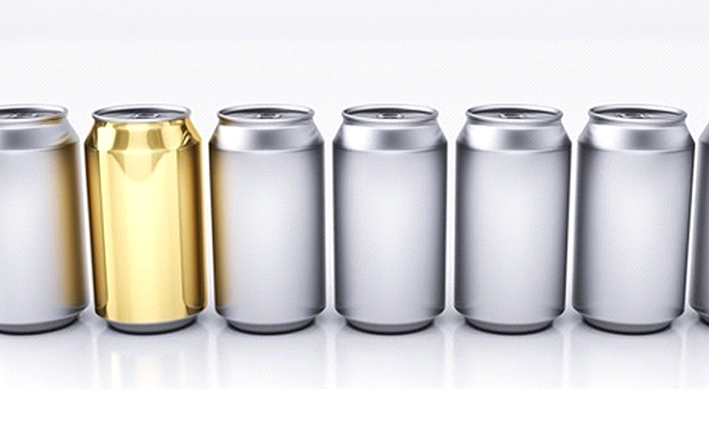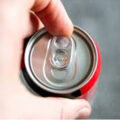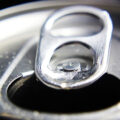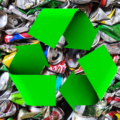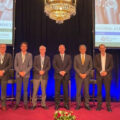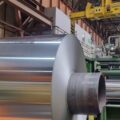In the European Union, it is a key and fundamental factor in order to advance in the development of infrastructures to promote circularity. According to the latest forecasts, demand for aluminum is expected to increase by 40% by 2030. For this reason, European packers have called on the authorities to adopt key policy measures to protect the financial and environmental sustainability of the sector.
Currently, low-cost, energy-intensive items are occupying the empty space in the market. Furthermore, according to the International Aluminum Institute (IAI), it is estimated that worldwide production will have to increase by 33 metric tons by 2030 to meet growing demand.
Furthermore, according to European Aluminium, it will be crucial to implement market protection measures to ensure that the European Union continues to reap significant benefits.
Aluminum manufacturing companies point to the PPWR, or Packaging and Packaging Waste Regulation, as a key opportunity for leaders in Europe to make the necessary changes. As demand for aluminum in packaging continues to grow, it is crucial that EU policymakers take strategic action to support the industry, especially with regard to recycling.
Efficiency in collection systems will also have a direct effect on the quantity and quality of materials that can be recycled. The implementation of advanced technologies such as dual eddy current separators (ECS) and pyrolysis can significantly improve the ability to recycle plastics, metals and beverages and obtain high quality recycled aluminum. This means that the availability of this material will be greater and more efficient thanks to these new harvesting techniques.
It is therefore crucial to establish an efficient and well-planned infrastructure for separating, sorting and recycling packaging waste. And it is imperative that specific measures are outlined for member states to improve and standardize their collection systems.
This situation not only strengthens the growing need for aluminum in the packaging market, but also reduces our dependence on original raw materials. This is very beneficial for a sustainable future, both for the industry and the environment.
However, packaging industry analysts are confident about the outlook for the aluminum packaging industry in 2024. In Europe, aluminum cans are the most recycled beverage containers, with a rate of 76%.
Due to its advantages in terms of sustainability and recycling, aluminum has become an increasingly popular choice for packaging both alcoholic and non-alcoholic beverages. In response to this trend, leading metal can manufacturers Crown and Ball unveiled plans to build new factories dedicated to beverage can production in the UK by 2023.
Last year, the multinational Crown announced the acquisition of Helvetia Packaging, a German beverage can and can lid manufacturer based in Saarlouis, with the aim of meeting the needs and demand of local and regional customers.
Also, during the last climate summit, COP28 in Dubai (United Arab Emirates), world leaders in the aluminum sector agreed on an ambitious target of recycling 100% of this material by 2050.
The main goal of the plan is to support the ‘Net Zero 2050’ target set by the International Energy Agency and to address the need to improve the recycling process as a way to combat climate change.
While aluminum cans are widely recycled, the industry has room for improvement. Infrastructure gaps can cause materials to be diverted and lost from the circular economy, experts conclude.

